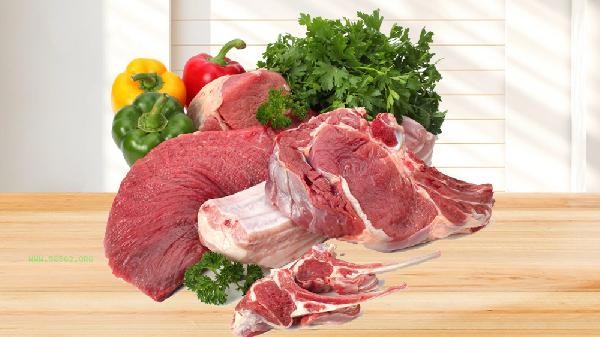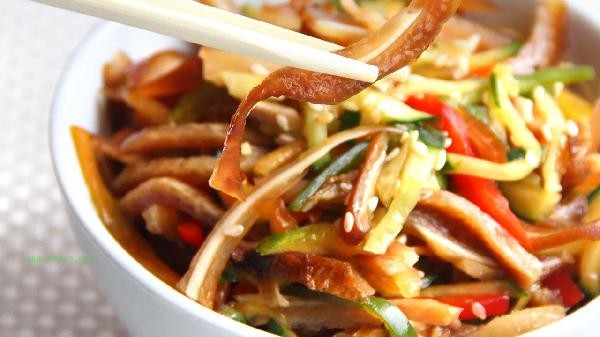Pork stewed too tender is generally edible, but attention should be paid to nutrient loss and changes in taste. If stored improperly or if there is an odor or deterioration, it is not recommended to consume.

Long term stewing can cause some water-soluble vitamins and minerals in pork to dissolve into the soup, and the protein structure will also change, making the meat texture loose. At this point, the digestion and absorption rate of pork has actually increased, making it suitable for people with weaker digestive functions to consume. However, excessive heating can damage some parts of the vitamin B family, especially the loss of vitamin B1 is more significant. It is recommended to control the stewing time within 2 hours. Using a low heat and slow stewing method can ensure that the meat is tender and reduce nutrient loss. When pork shows obvious rancid taste, sticky texture, or abnormal color, it indicates that it has gone bad. If not refrigerated in a timely manner after prolonged high-temperature stewing and left in an environment of 30-60 degrees Celsius for more than 4 hours, the bacterial growth rate will significantly accelerate. Pork stewed excessively at room temperature in summer is more prone to spoilage. If the meat becomes sticky or there are flocculent substances on the surface of the soup, it should be immediately stopped from consumption. The nitrite content in repeatedly heated stewed meat may increase. It is recommended to boil it thoroughly before each consumption, and any leftovers within 24 hours should be frozen and stored. When consuming overcooked stewed meat, it can be paired with vegetables rich in vitamin C such as green peppers and tomatoes to help promote iron absorption. After cooling the remaining broth, remove the surface oil and use it as a broth for cooking noodles or stewing dishes. The elderly or patients with gastrointestinal diseases can tear the stewed pork into filaments and add it to Congee or noodles for easier digestion. Pay attention to whether there are any discomfort reactions such as bloating and diarrhea after consumption. If any abnormalities occur, stop eating in a timely manner and seek medical attention.










Comments (0)
Leave a Comment
No comments yet
Be the first to share your thoughts!